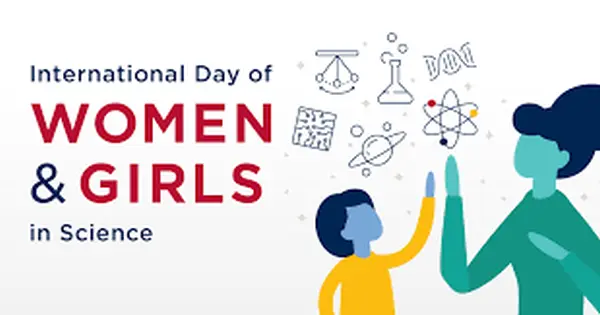Women have consistently played a vital, though often under-recognized, role in shaping the social, cultural, and economic fabric of Kashmir. From managing households and contributing to agriculture to excelling in professions and leading social movements, their influence is woven into the very essence of Kashmiri society. Despite facing numerous challenges, including societal expectations and political complexities, women have demonstrated remarkable resilience and leadership across diverse fields. For instance, Dr. Bilquis Mir stands as a powerful example. As the first woman from Kashmir to become a water sports coach, she has shattered glass ceilings and paved the way for countless young girls to pursue their dreams in sports. Her dedication has not only brought sporting accolades to the region but has also empowered women and promoted a healthier lifestyle, demonstrating the profound impact women leaders can have in transforming their communities.
Information about women’s lives in ancient Kashmir is limited, though some evidence suggests women held positions of respect. The medieval period saw the rise of powerful queens like Didda, demonstrating women’s capacity for leadership. However, religious and social norms also became more pronounced, often confining women to the domestic sphere. Despite this, they contributed to arts and literature. Post-independence, women gained greater access to education and employment. The ongoing conflict presented new challenges, yet women actively participated in various spheres, from politics and activism to education and healthcare, contributing to peacebuilding and human rights advocacy.
Women today navigate a complex landscape, balancing tradition with modernity. While they are increasingly visible in diverse fields like education, medicine, and business, they continue to face challenges. These include deeply entrenched patriarchal norms, limited access to resources in some areas, and the ongoing socio-political complexities of the region. Despite these hurdles, they are demonstrating remarkable resilience and agency, actively participating in civil society, leading community initiatives and advocating for their rights. The rise of women-led businesses and self-help groups is empowering women economically and fostering a sense of independence.
The Indian Defence Forces have also undertaken various initiatives aimed at improving the lives of women in Kashmir. “Operation Sadhbhavana” is one such example, under which the army has established schools and vocational training centres, providing women with access to education and skill development. These programs often focus on traditional crafts like embroidery and weaving, enabling women to earn a livelihood and preserve their cultural heritage. The army also conducts medical camps and awareness programs on health and hygiene, addressing the specific needs of women in remote areas.
The path ahead for Kashmiri women requires a multi-pronged approach. While progress has been made, sustained efforts are crucial to dismantle remaining barriers and create a truly equitable society. Focus areas include strengthening educational opportunities, particularly in rural areas, and ensuring access to quality healthcare. Promoting economic independence through skill development programs, entrepreneurship initiatives and access to microfinance is vital. Furthermore, amplifying women’s voices in political and decision-making processes will ensure their perspectives are represented and their concerns addressed.
Govt, NGOs and SF can play a supporting role in this journey. Beyond initiatives like Operation Sadbhavana, they can contribute by fostering a secure and stable environment, crucial for women’s empowerment. Community engagement programs can be expanded to include dialogue on gender equality and women’s rights. Collaboration with local NGOs and civil society organizations working on women’s issues can amplify their impact. It’s imperative that such initiatives are implemented sensitively, respecting local customs and ensuring community ownership, to maximize their positive impact and avoid unintended consequences. Ultimately, the way forward requires a collaborative effort involving the government, civil society, communities, and even institutions like the armed forces, working together.
While challenges remain, their contributions to society are undeniable. The path forward requires a concerted effort to address systemic inequalities and empower women in all spheres of life. By strengthening educational opportunities, promoting economic independence, and amplifying women’s voices, Kashmir can unlock its full potential. Investing in women is not just a matter of justice; it’s an investment in the progress and prosperity of Kashmir as a whole.


